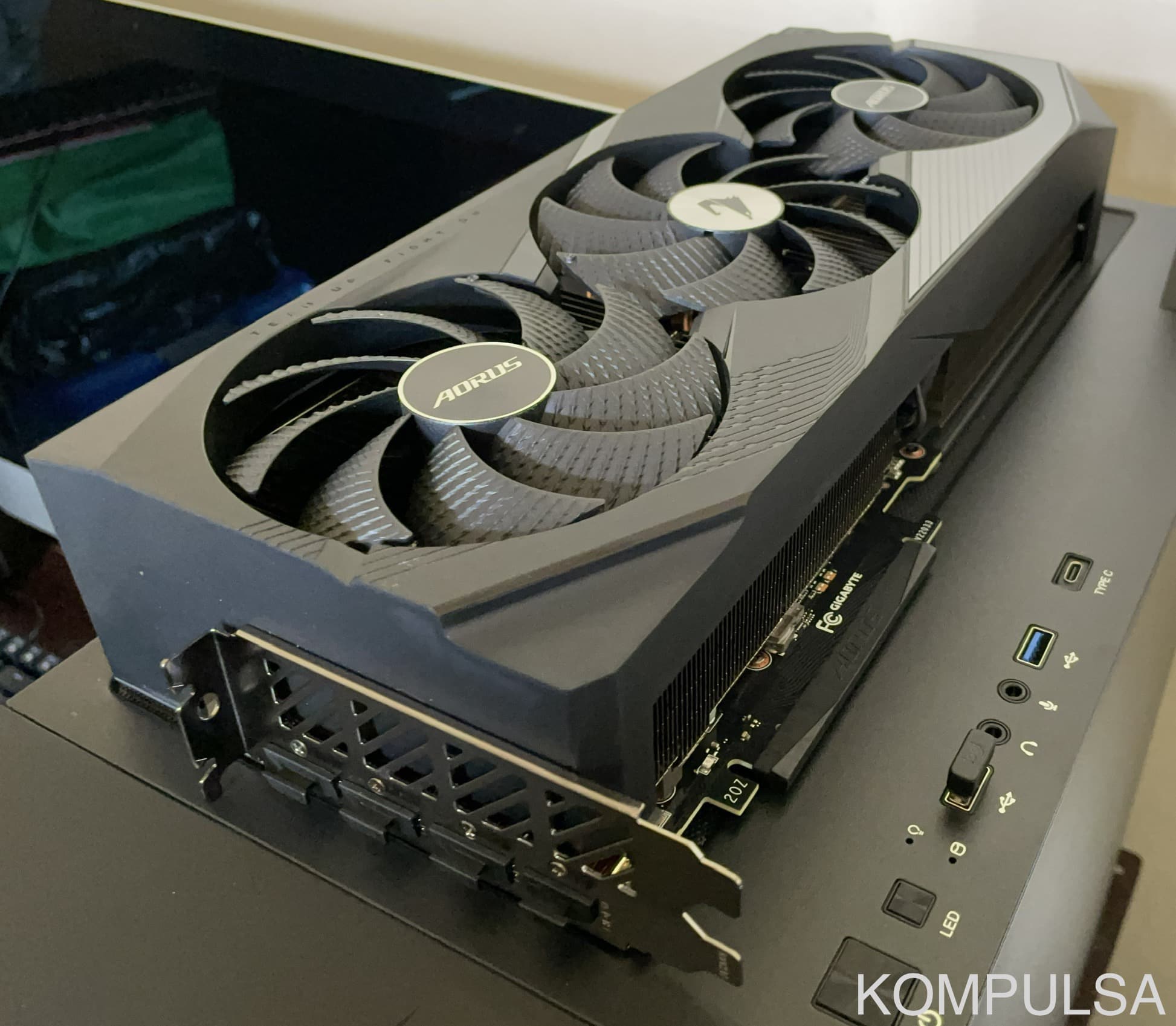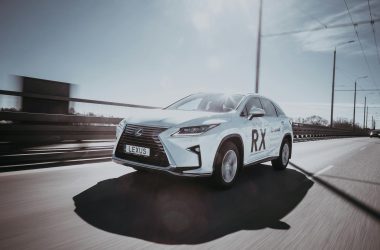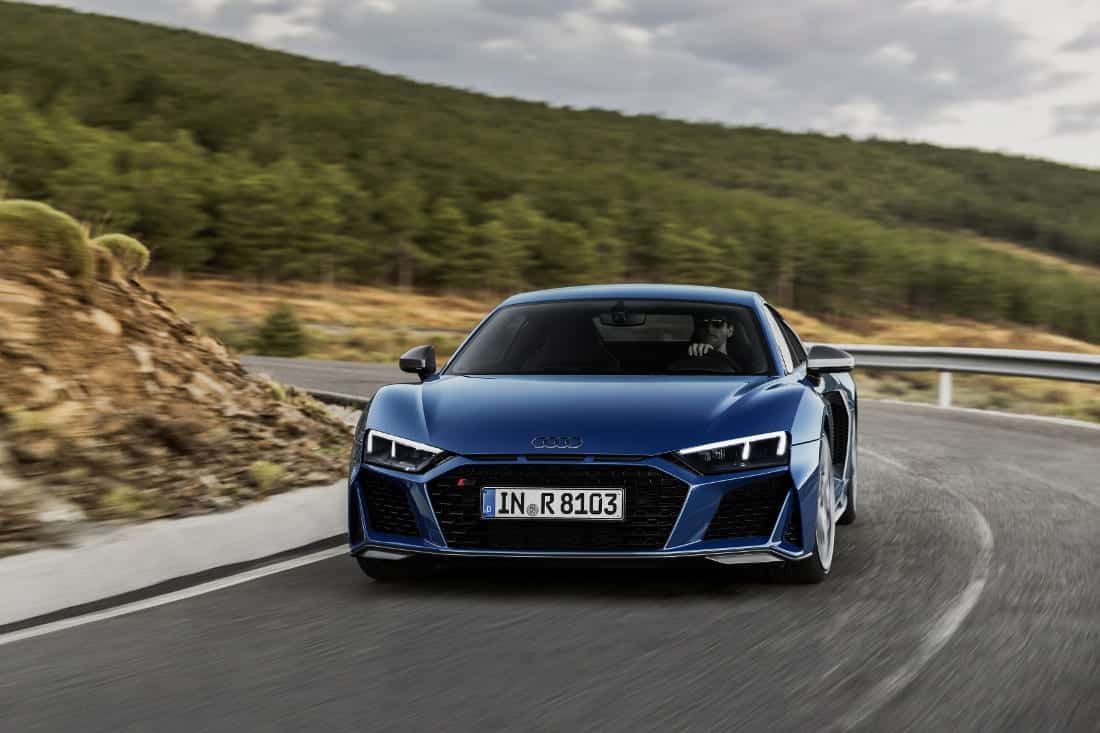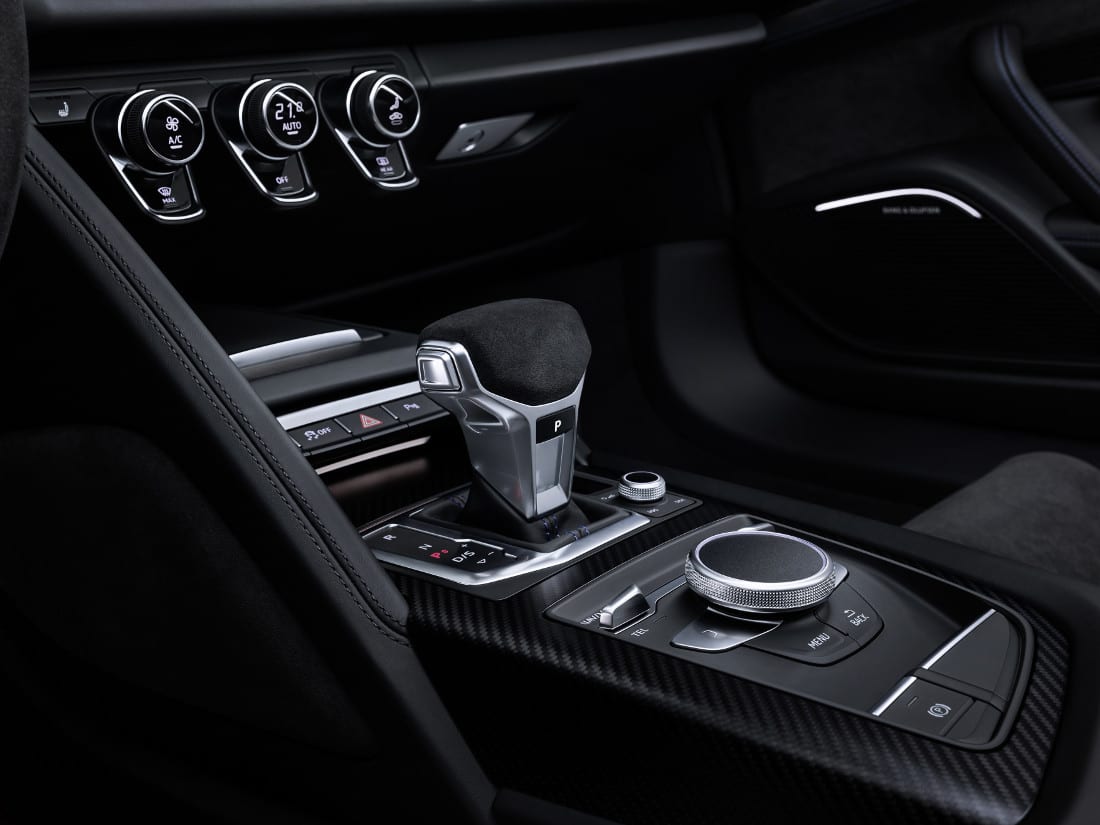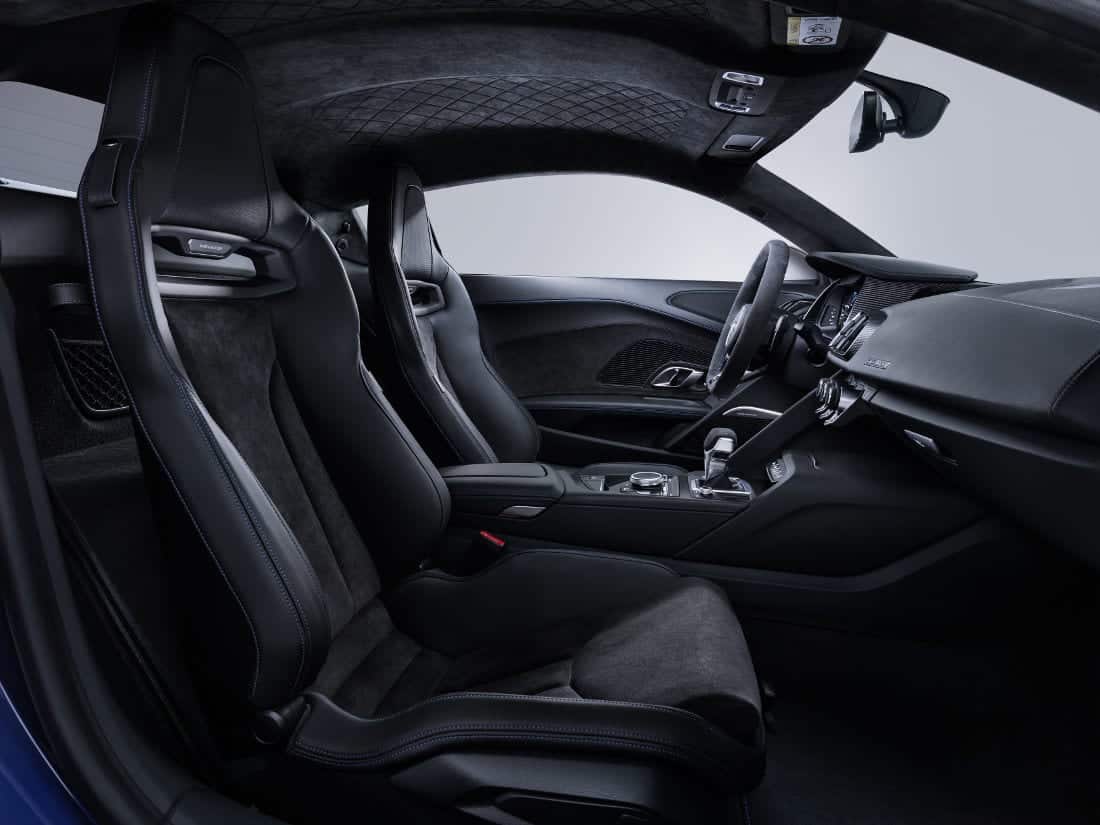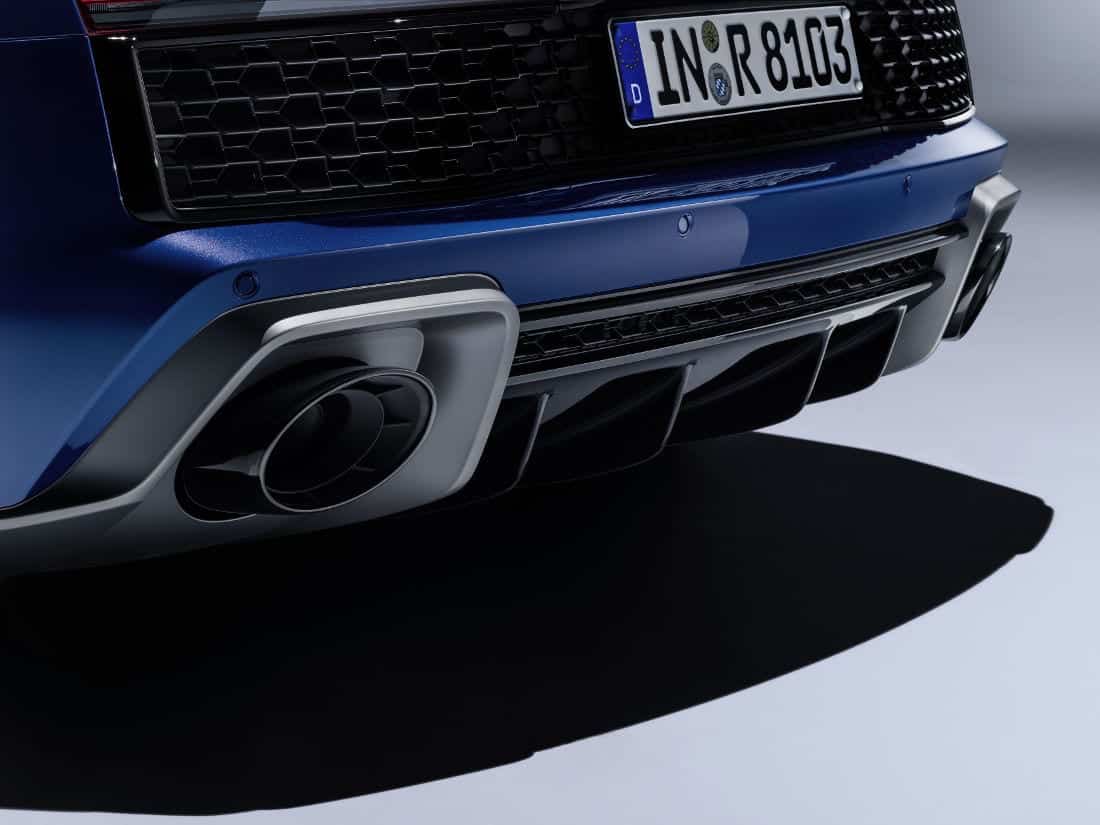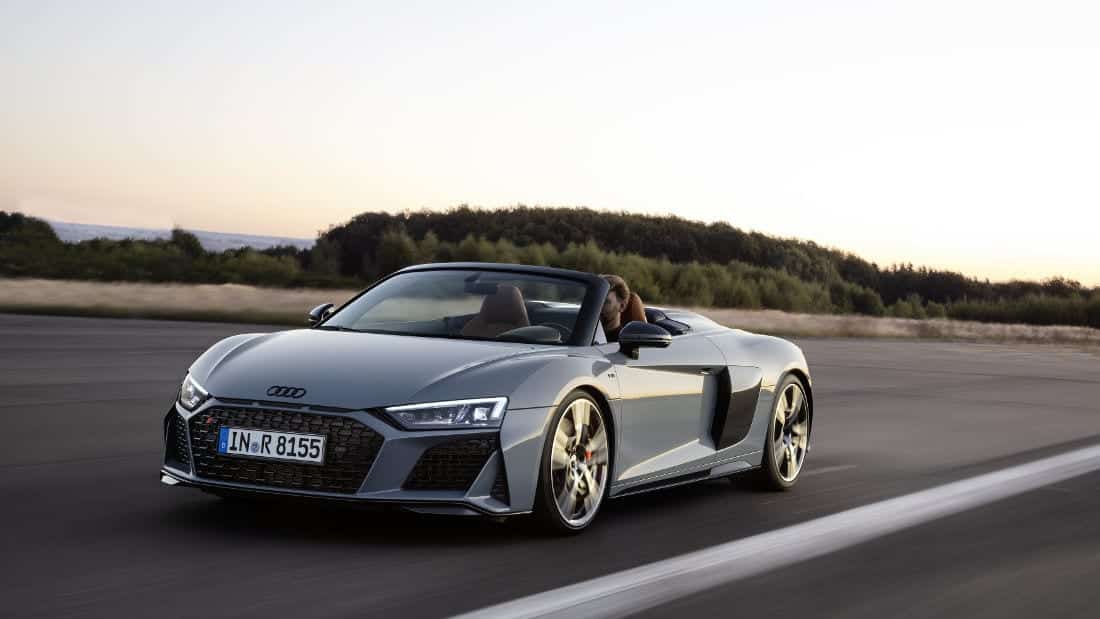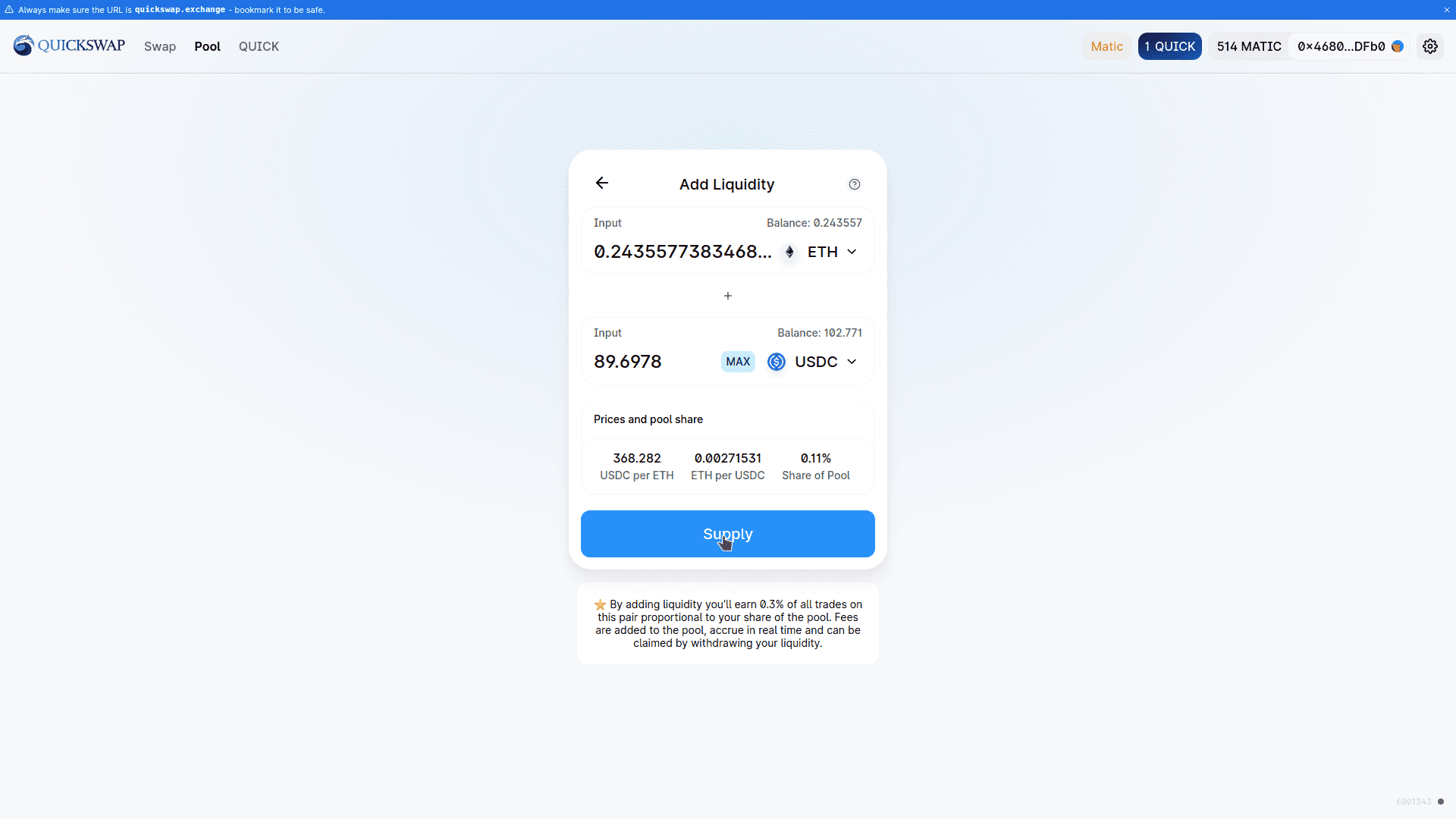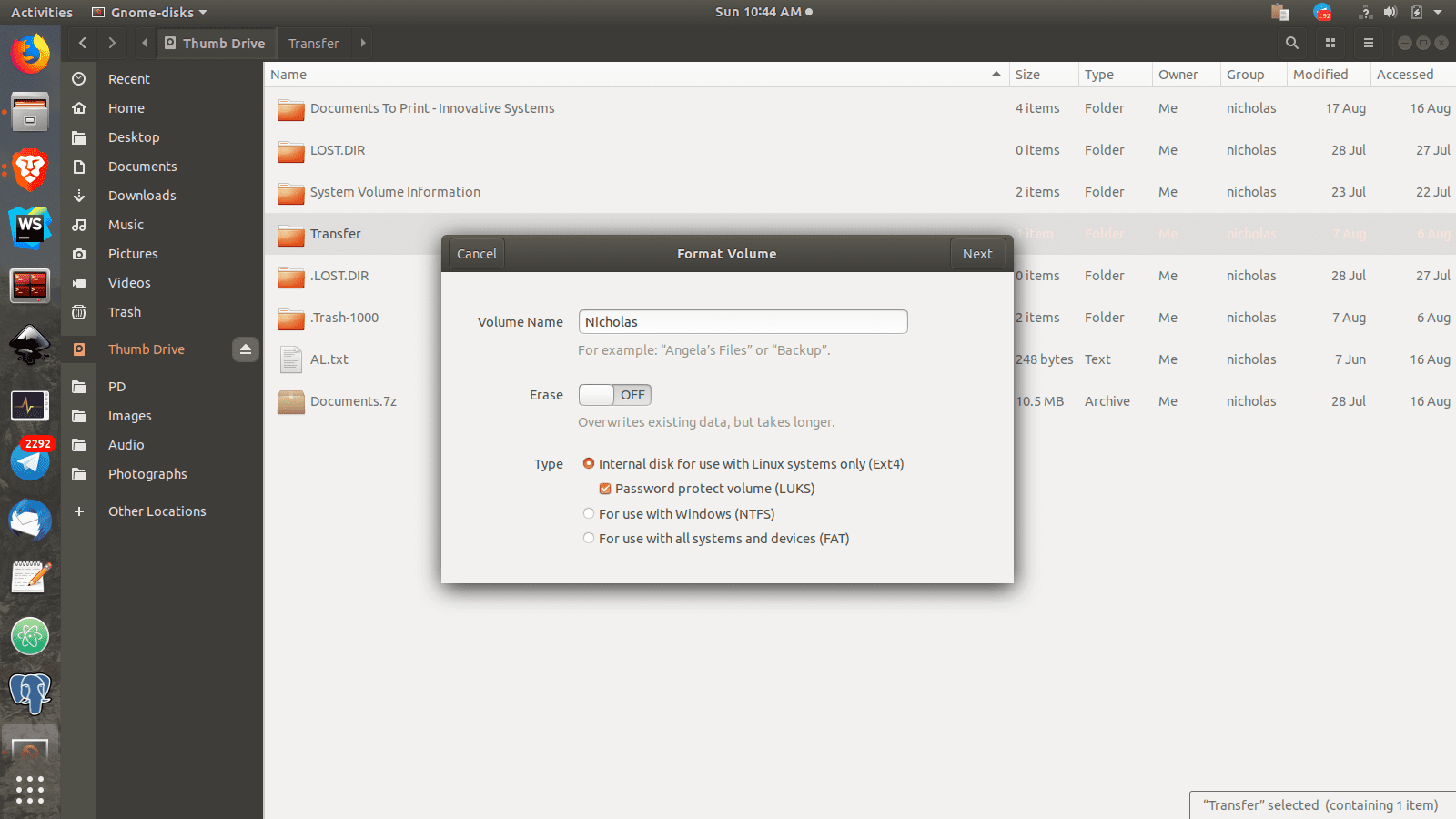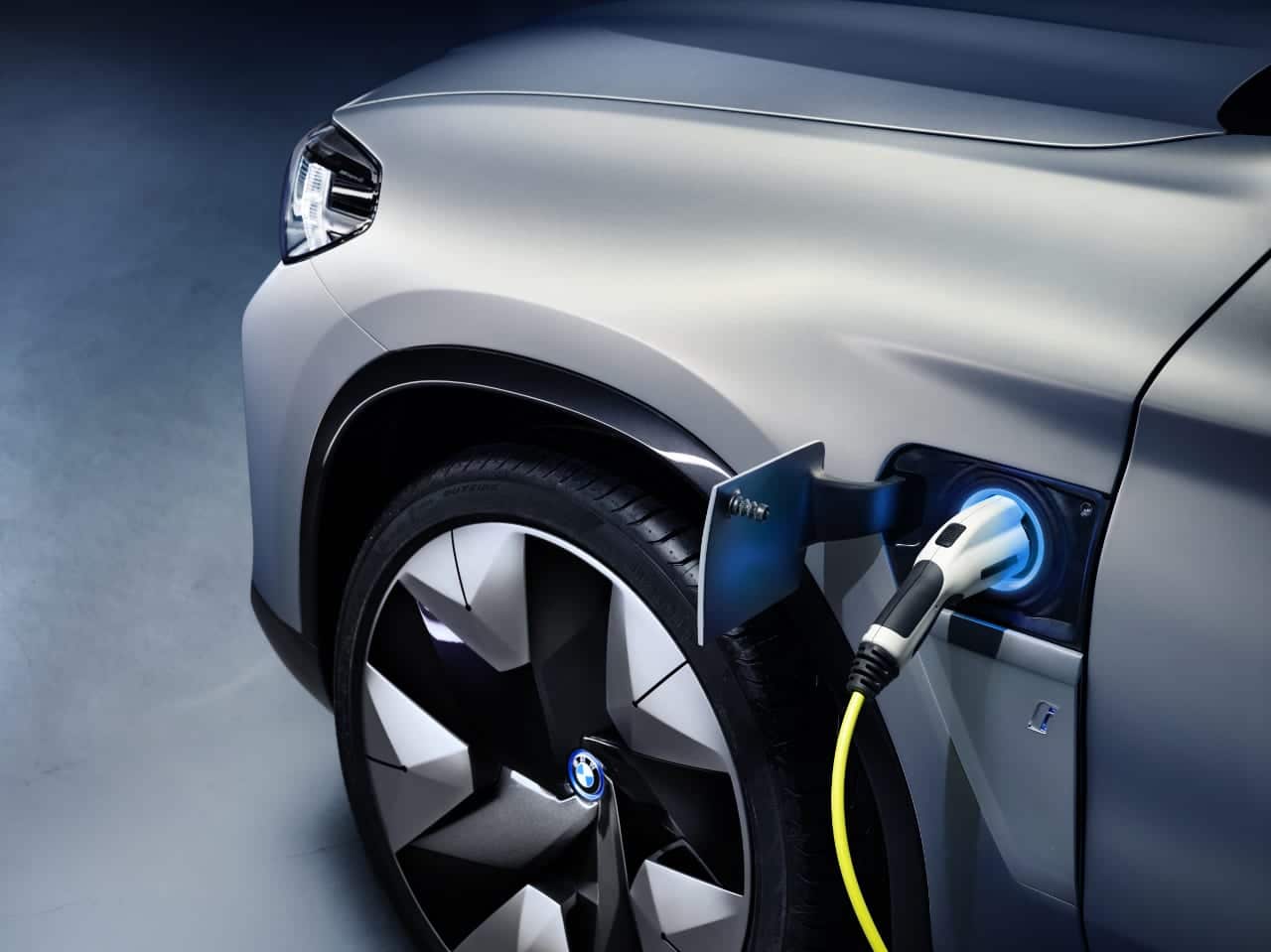The Audi R8, a 2-door Audi performance car initially released in 2006 has been redesigned (somewhat) with improved handling (especially in the braking area).
The R8 LMS GT3 has shorter braking distances and an improved suspension. It can decelerate from 62.1 MPH to a stop 1.5 meters (4.9 feet) shorter than the previous model, and from 124.3 MPH to a stop it is 5 meters (16.4 feet) shorter.
The German manufacturer also says that it is faster. However, I haven’t gotten the performance details for this model as yet, apart from the fact that it has a V10 engine as did the 2018 R8 coupe.
The cylinder count isn’t nearly enough info to determine or reliably guess how much power it will produce (or how fast it will be due to possible differences in drag coefficient and curb weight), so check back for updates to this article, in case I do get that info soon!
Gallery images obtained with thanks from Audi.
The 2018 R8. However, offers impressive performance specs which you should expect to get (or better) in the new LMS GT3:
- 0-60 MPH acceleration time of 3.7 seconds.
- Top speed of 199 mph (it is electronically limited to this speed).
- 532 HP (396 kW) at 7,800 rpm.
- 398 pound-feet of torque (539 Newton-meters).
Of course, it isn’t the cheapest car for the acceleration time it offers (it starts at $138,700 USD), but every car has its qualities (not just in the form of performance). If you’re interested in a cheaper car offering that acceleration time, the 2019 Corvette Stingray starts at $55,495 USD. This doesn’t necessarily mean that the Corvette is a better value as there are factors to consider other than acceleration time (comfort, handling, features, for example). If you’re purely interested in raw performance, then the Corvette might be a good fit for you.
The styling of the R8 has also been transitioning to a sharper, more modern look (which I like). It’s also starting to resemble Japanese cars a little more than it used to. The new R8 family will appear in dealerships across Germany and other European countries in 2019.

